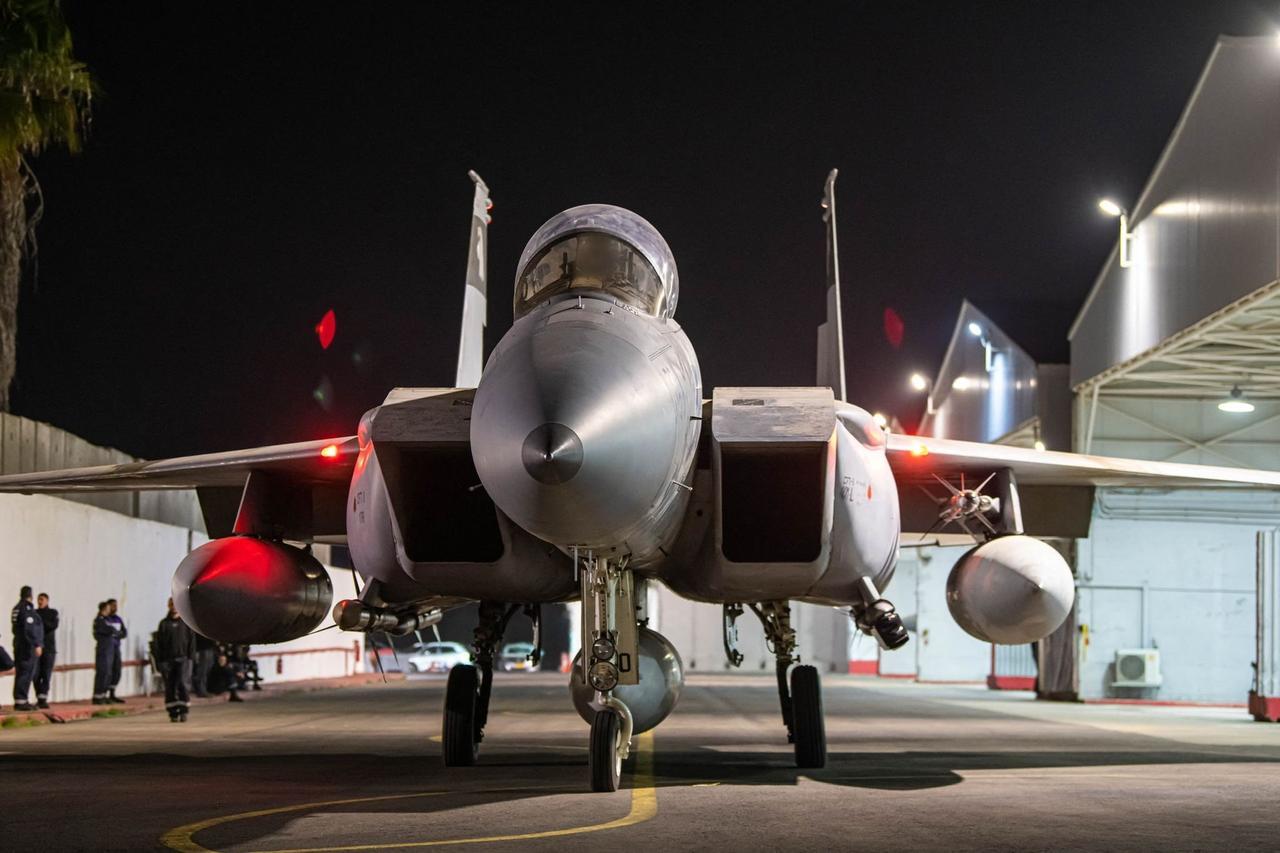
Israel is considering military action against Iran in the coming days, likely without U.S. support, as diplomatic negotiations between Washington and Tehran progress toward a nuclear framework agreement, according to NBC News, citing five sources familiar with the situation.
The potential strike comes as U.S. President Donald Trump pursues diplomatic talks with Iran to limit its nuclear program, with the sixth round of negotiations scheduled for Sunday in Muscat, Oman.
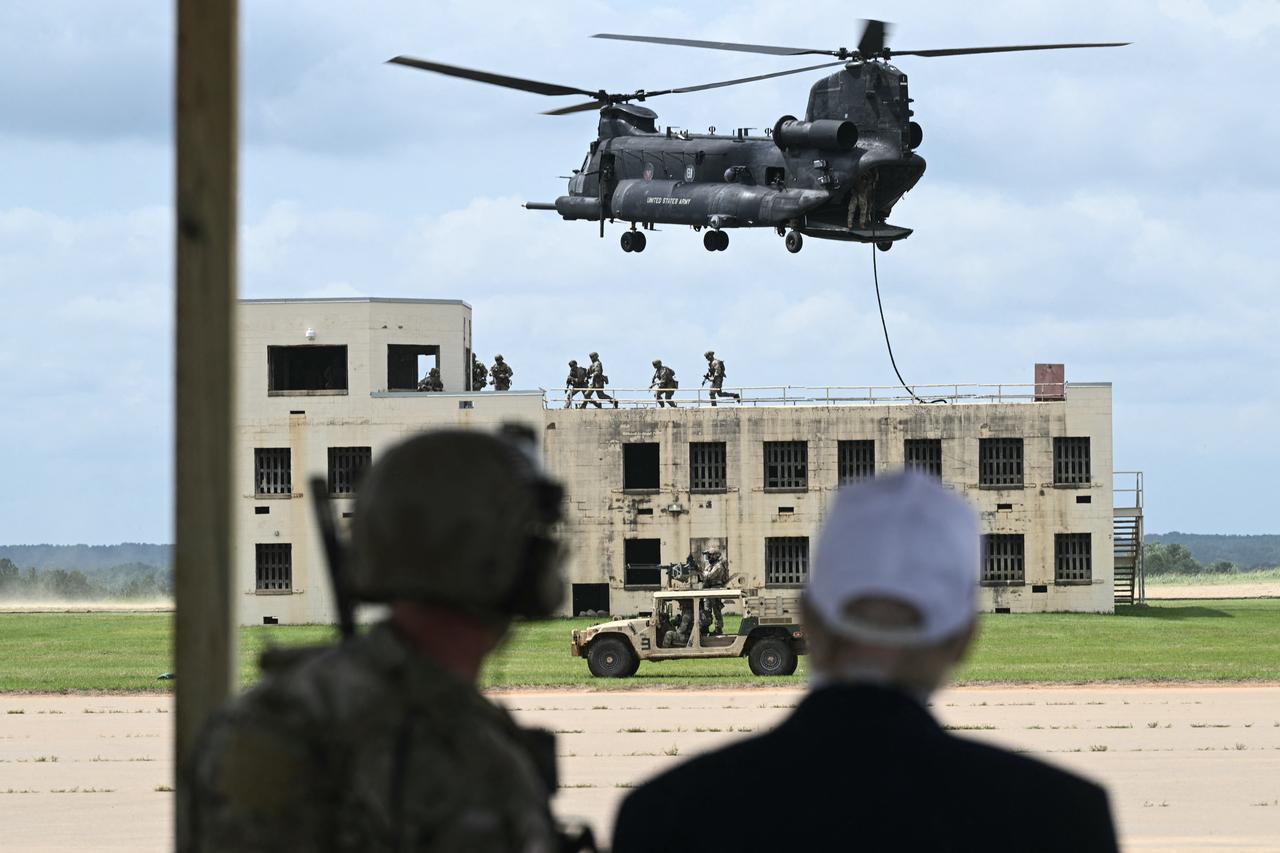
The Trump administration placed diplomatic missions and military bases in the Middle East on red alert amid escalating security risks. White House Deputy Press Secretary Anna Kelly announced the evacuation of the U.S. Embassy in Baghdad, Iraq.
Defense Secretary Pete Hegseth approved the voluntary departure of military families from the region. The U.K. Maritime Trade Operations Center urged mariners to exercise caution in the Persian Gulf, Gulf of Oman and Strait of Hormuz.
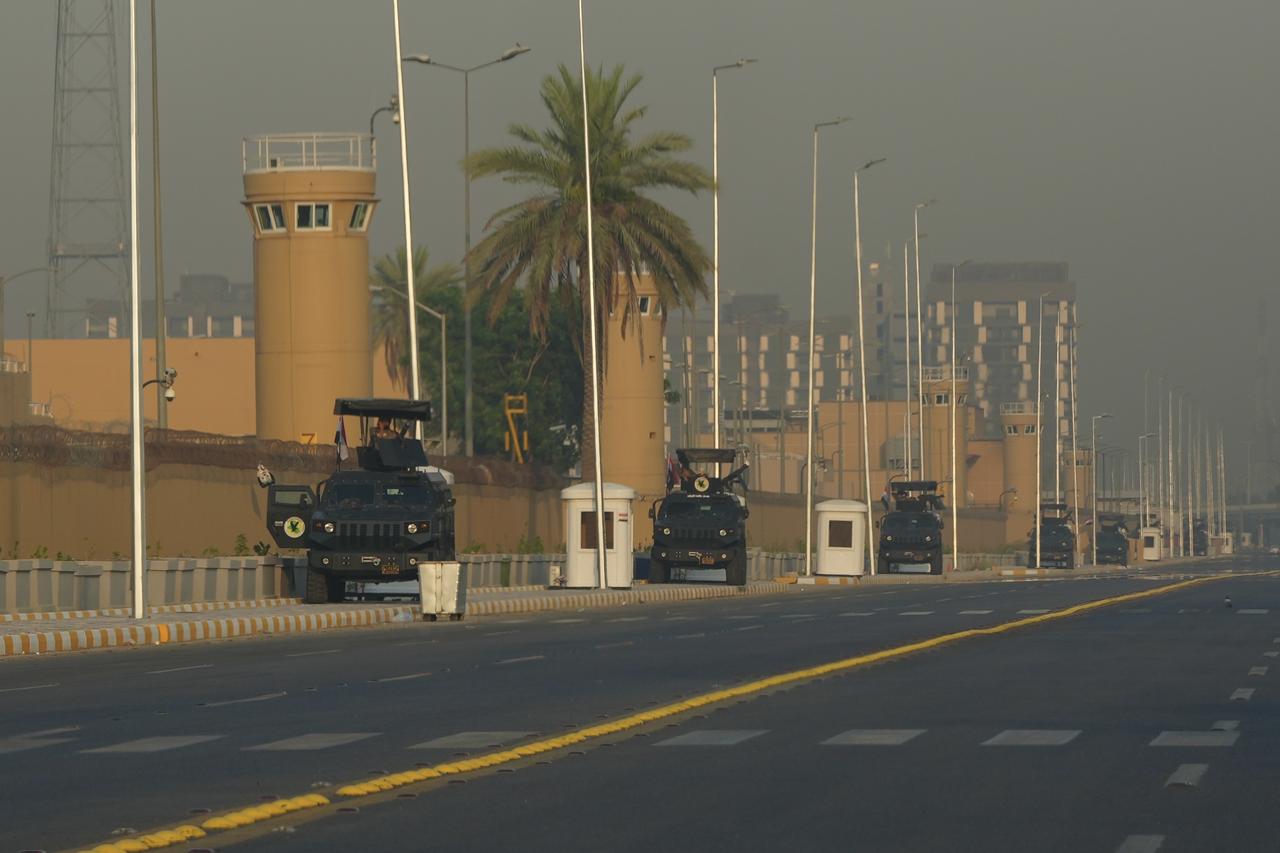
A senior Iranian official told Reuters that "a friendly regional country" has warned Iran about Israel's potential military strike.
The official suggested the current tensions aim to influence Iran's position on nuclear rights during the planned talks with the US in Oman.
The Iranian official emphasized that Iran would continue its uranium enrichment program despite the pressure.
Iran has initiated military exercises dubbed "Power 1404" to enhance its armed forces' defense and deterrence capabilities, according to an announcement from Iran's General Staff.
Chief of General Staff Maj. Gen. Mohammad Bagheri ordered the exercises, which are part of annual drills conducted on various occasions.
A senior Iranian official told The New York Times that Iran's military and government have prepared plans for an immediate counterattack against Israel using hundreds of ballistic missiles.
CBS News reported that Israel informed U.S. officials it is "fully prepared to launch an operation against Iran," according to various sources.
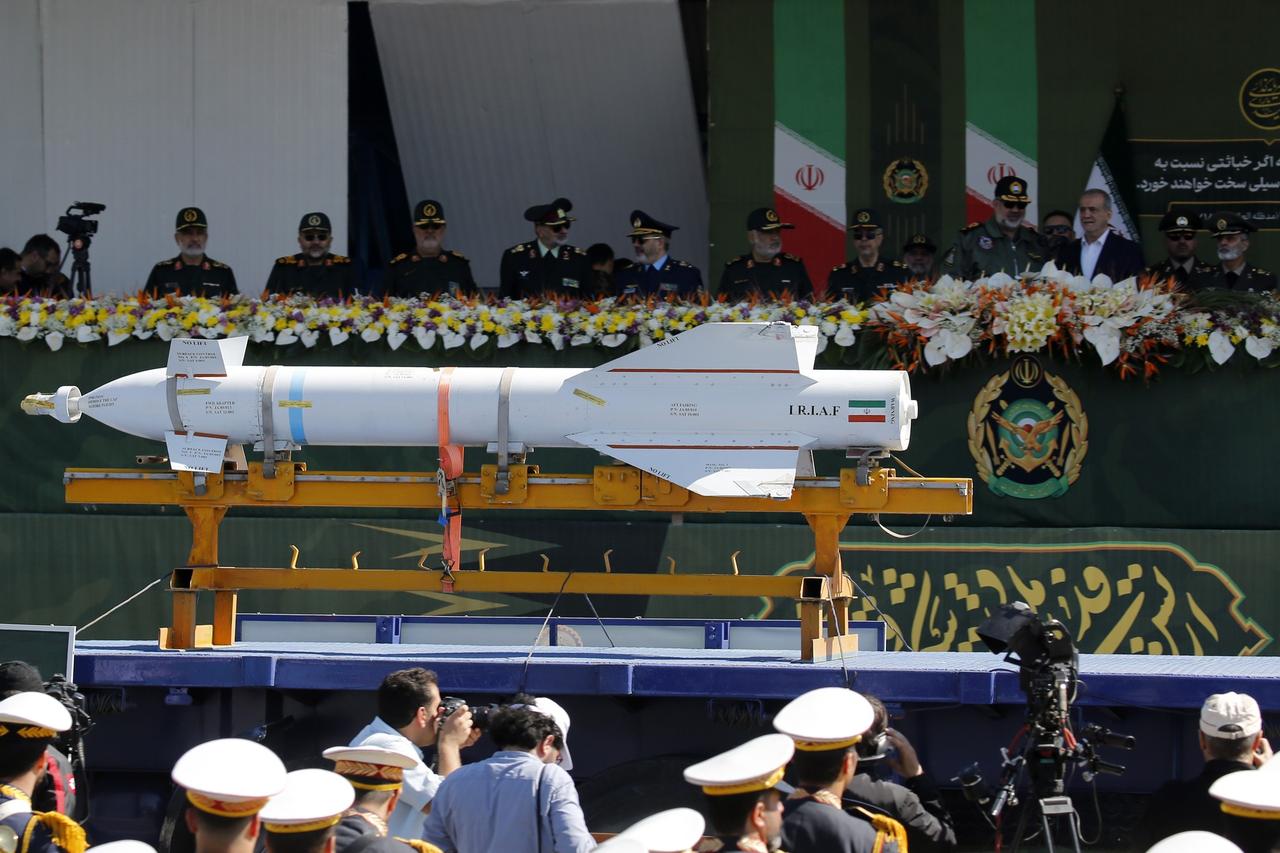
Israeli Strategic Affairs Minister Ron Dermer and Mossad Director David Barnea will travel to the United States on Friday to meet with Trump's Middle East Special Envoy Steve Witkoff, Israeli sources reported.
The high-level visit occurs ahead of the next round of Iran nuclear negotiations scheduled for Sunday in Oman. The two officials will "re-explain Israel's position" during their U.S. visit.
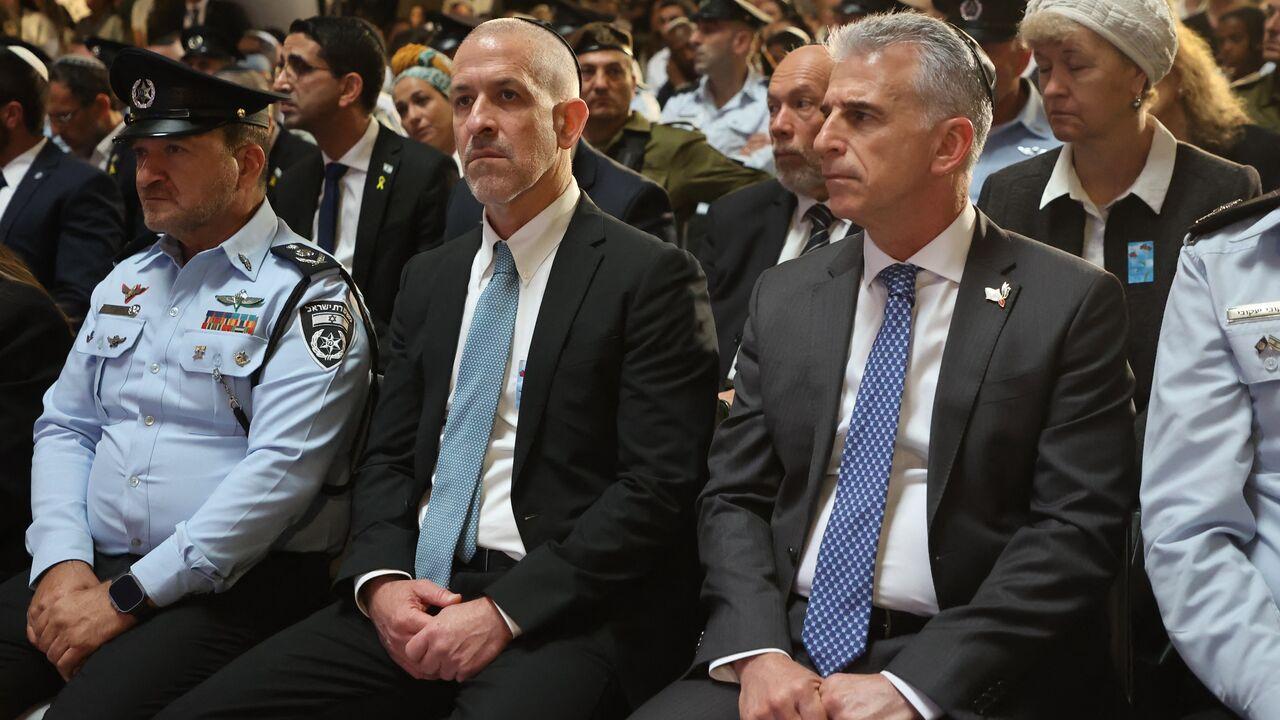
Trump has expressed frustration over Iran's stance in recent indirect talks, characterizing Tehran as inflexible. "They're just asking for things that you can't do. They don't want to give up what they have to give up," Trump told reporters Monday.
"They seek enrichment. We can't have enrichment," he added.
Sources indicate Israel views provisions about uranium enrichment in the proposed framework agreement as unacceptable, potentially prompting unilateral military action.
The International Atomic Energy Agency's board of governors has formally found that Iran isn't complying with its nuclear obligations for the first time in 20 years, calling on Tehran to provide answers "without delay" regarding uranium traces at undeclared nuclear sites.